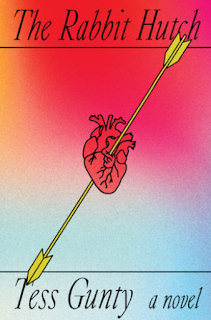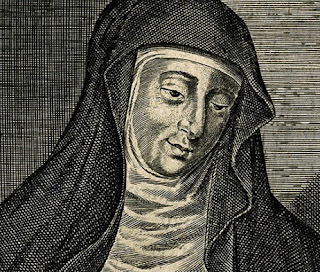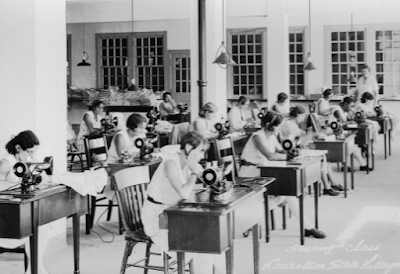The Koran prioritizes care for orphans: “And give to the orphans their property, and do not substitute worthless (things) for (their) good (ones), and do not devour their property (as an addition) to your own property; this is surely a great crime.”
But children are helpless against greed, explains Fatimah Asghar in When We Were Sisters. After three girls lose their parents – the mother to illness, the father murdered – a maternal uncle takes control, not because of love or duty but rather he covets the government social security checks issued to each month.
He prohibits the girls from meeting his wife and two sons and instead sets them up in a small, filthy room in an apartment building that he owns, assigning equally vulnerable neighbors to provide day-to-day care. That daughters are less valued than sons is apparent from the start, and the girls sometimes maintain they are brothers or mother-sisters.
The uncle issues strict rules and, not wanting to be bothered by incidentals, teaches them how to forge his name for school paperwork. They attend school and can pursue activities as long as they are free. A neighbor reads the Koran with them, and when money runs low, the girls literally take to the street near the neighborhood mosque, begging for grocery money as orphans. The uncle is furious, yet also realizes that members of the mosque will gladly donate money to support the orphans. He uses those donations and the hundreds in Social Security payments to provide home renovations and comforts for his own family.
The story is told from the point of view of the youngest, Kausar, who idolizes her two sisters, literally referring to them as gods. In turn, they regard her as useless and annoying. The young protagonist relays life disappointments, her serial abandonment and grief in a matter-of-fact way.
Early on, a Pakistani couple, undocumented and poor, selflessly love and care for the girls. The uncle's discovery that the girls sleep with the couple at night when frightened triggers a fight. The uncle scolds, “They’re not your kids,” and their beloved Meemoo retorts, “So whose kids are they?” Wary that the man's defiance might disrupt his schemes, the uncle accuses the couple of inappropriate behavior and kicks them out of their home. He then interrogates the girls about sex and relies on unstable young women to watch over the sisters.
Once the oldest girl reaches puberty, the uncle stops arranging for caregivers, mostly leaves the sisters alone. The girls lie to classmates about home life, and teachers and neighbors fail to notice three girls struggling on their own, often hungry and unkempt. The oldest manages to hold the truncated family together, and the youngest admits, “I need an adult. And I don’t know how to get one.”
On a lifelong search for a mother figure, Kausar contents herself with make believe: “We’re mothered by everything because we know how to look for the mothering, because we know a mother might leave us and we’ll need another mother to step in an take its place.” With poignant and exquisite detail, the child describes relishing the warmth of the sun, shade from the tree, the smell of cookies, the street signs that guide when it’s safe to walk, a cloud of dust, or grass not yet trampled - all as mother's love. Her constant anticipation distances her from others: “What no one will ever understand is that the world belongs to orphans, everything becomes our mother” and “All the mothers in the world reach out to the motherless.” A simple touch from siblings is overwhelming, and she thinks, “you’re held, you’re held, you’re held.”
At one point, the youngest asks whether a sister still a sister when a mother dies? Kausar increasingly struggles to communicate fears, dreams and identity issues with sisters who are not much older than her. Each daughter dreams of escape, a better life, but the youngest has far less experience with love, motivation, trust – with basic routines and normality. She readily accepts chaos and cruelty from her interactions. At one point, she notes that Allah asks us to make language: “We assumed we meant the same thing when we spoke, because we said the same words. But. We were wrong. We were so wrong.”
Oddly enough, the youngest daughter gets along better with the uncle than her sisters do, and at one point, he urges Kausar to reconcile with a friend after an argument. “Don’t let the small things become the big things,” and she remembers that advice years later at his funeral.
But a child who grows up without a mother can’t be depended on to understand what is small or big, right or wrong.











